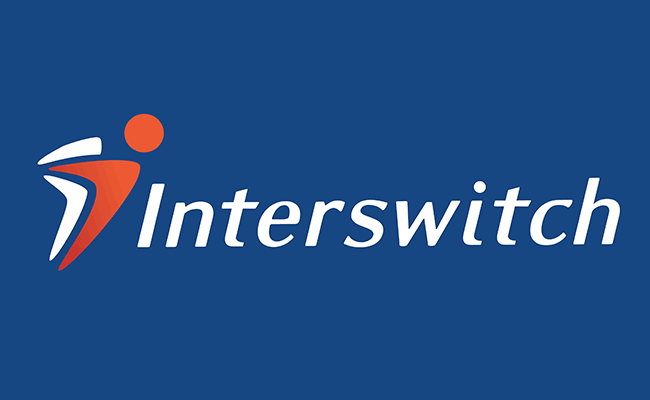
The Government of Zimbabwe has rejected a proposal by the country’s mobile operators to regulate the use of over the top services (OTTs) such as WhatsApp, Skype and Viber.
Speaking to the Herald, Zimbabwe’s cabinet minister for Information Communication Technology, Postal and Courier Services Supa Mandiwazira revealed that the operators had sought government intervention after experiencing a decline in revenues from voice and messaging services.
The operators say that the OTT services are eating into their profits, and so they wanted the Government to look at the possibility of either banning or stifling them.
On average, calls cost around 24 US cents per minute in Zimbabwe, and text messages cost eight US cents each.
The operators’ argument was that the OTT services use their infrastructure, but they do not pay for access. Their services are often far cheaper, or even free, meaning that users are more likely to opt for them over traditional calls and texts.
“We did mention that as a progressive government which promotes access to technology, we were averse to the idea of stifling these technologies or banning them”, Mandiwazira was quoted as saying.
The push to regulate OTTs has also emerged as an issue in other African countries. Nigeria, Egypt and South Africa are mulling over the possibility of regulating OTT services, with Facebook, Microsoft and other tech giants behind the services coming out against the push.
Aside from the concerns over the revenues and tax incomes bypassing operators and governments and going to corporations outside the continent, there are also concerns over security and privacy behind the push for regulation, with some arguing that OTT services expose users to potential privacy breaches.
While there has been an overall loss of revenue from voice calls and text messaging, the increasing uptake of over-the-top services has led to an increase in revenue from data, therefore the calls for regulation could be the telcos wanting to have their cake and eat it too.
Photo Credit: microsiervos via Compfight cc




















